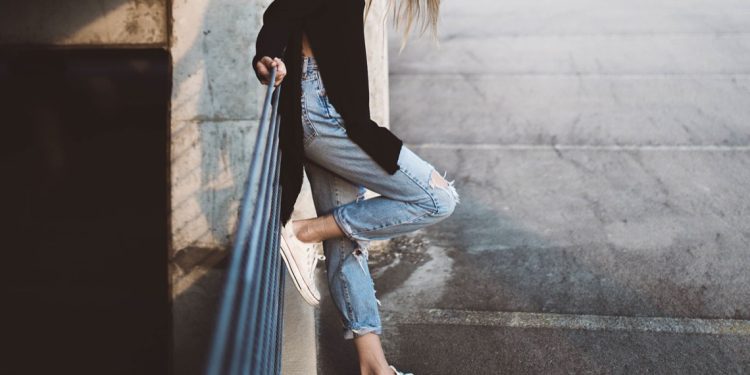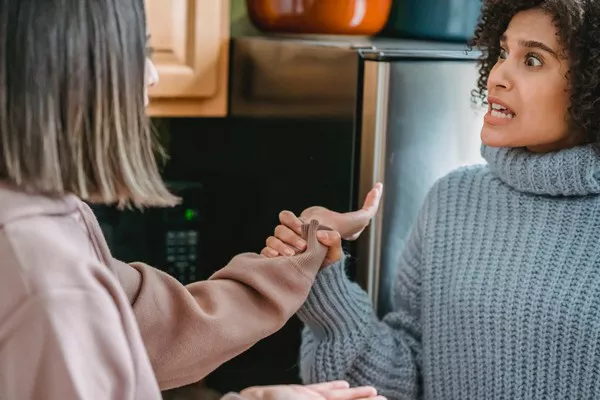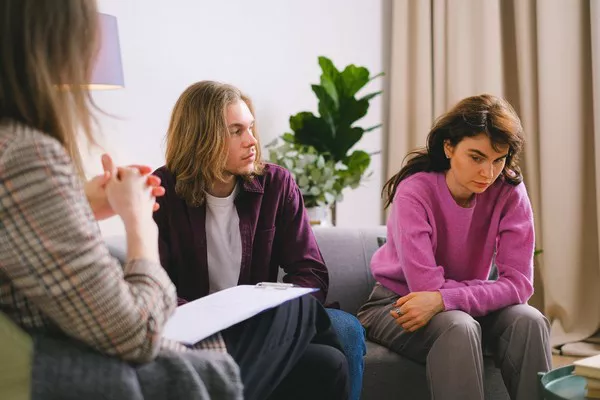Depression and anxiety—words that for many are mere nouns—used to be the defining characteristics of my life. I’ve been on medication to combat these disorders for as long as I can remember, and I consider myself fortunate for it. Being the son of a psychiatrist allowed me to seek help early on, as my father could recognize the anger and contempt that once consumed me and identify my issues.
During my high school years, I struggled with suicidal thoughts. I envied how effortlessly others socialized and made friends, and I reacted to this jealousy in ways that were detrimental to my well-being. I would channel my anger towards others or resort to binge eating to briefly experience happiness.
These reactions created vicious cycles of negativity that had a profound impact on my self-image. This, combined with an already unhealthy relationship with death, intensified my depression. Although I’m only 20 years old, I’ve witnessed more deaths than many twice my age. I’ve lost grandparents, cousins, uncles, and my brother’s best friend, whom I idolized like a big brother.
The weight of these losses, coupled with my pre-existing negative mindset, led me to believe that I was cursed. I became trapped in my depression and saw no way out.
However, therapy marked a turning point. It was there that I realized I possessed free will and that I was more than my mental illnesses. This realization transformed me.
In the summer of 2022, I became the person I had always aspired to be. I channeled positivity through volunteering and charitable donations, developed greater empathy, and effortlessly forged friendships because of my positive outlook.
Despite finding comfort and happiness, life’s unpredictability often delivers the hardest blows. On September 18, 2022, I lost my best friend, one of 14 student deaths our school experienced that year. It’s a day etched in my memory. I recall every detail, the tears shed by people I had never seen upset before, let alone crying.
In the aftermath, I adopted a facade of maturity to cope. Why should this loss be any different from the countless others I had endured? I was wrong. After the funeral, the gravity of the situation hit me—I had lost one of the most significant people in my life, a friend since I was eight years old, a companion in growing up.
His death shattered me. My old depressive state resurfaced, and suicidal thoughts returned, albeit without intent. I existed in a realm between life and death, yearning to die but understanding that I couldn’t let others experience the grief that had become all too familiar to me.
This sense of despair led to neglect. I no longer cared about my well-being, and my relationships with others deteriorated. I believed that I brought pain to those around me, leading me to act out and sever many connections.
Then, one day, I looked at myself in the mirror and told myself that my best friend’s death would either break me or make me. Breaking was never an option; it would dishonor his legacy. With time, therapy, and self-care, I inched closer to the version of myself that existed before his death.
I share this not to seek sympathy but to inspire others to do better. I didn’t have to damage relationships by concealing my struggles. Despite the circumstances, I’ve learned valuable lessons from his death. I’ve learned to be honest with myself and recognize my limitations.
Above all, I’ve realized the profound interconnectedness of individuals. You may feel alone, but you’re not. I’m certain there were times when my friend felt isolated, yet at his funeral, more than three hundred people came to pay their respects. Many people care about you, and your departure would cause immeasurable pain to those who love you. You owe it to them to keep going.



























